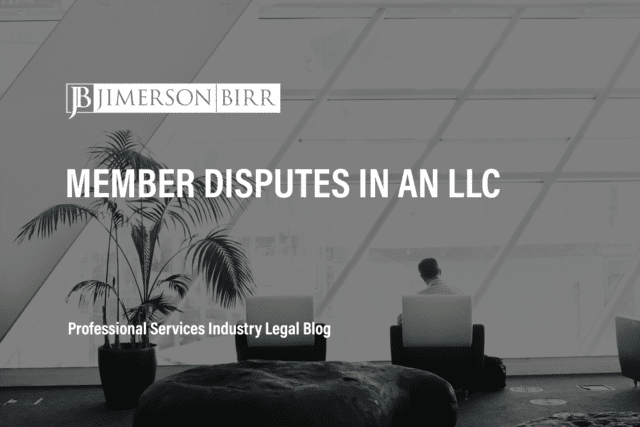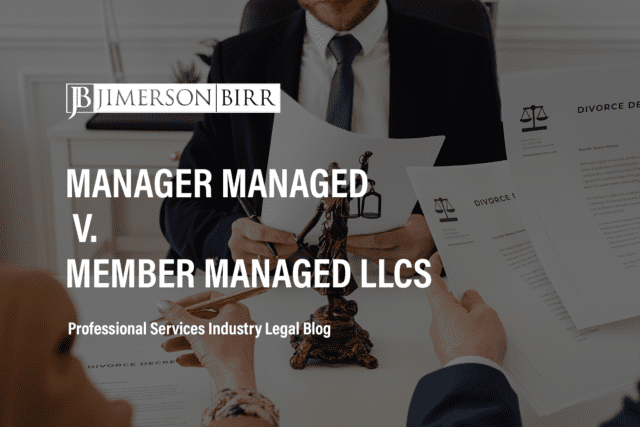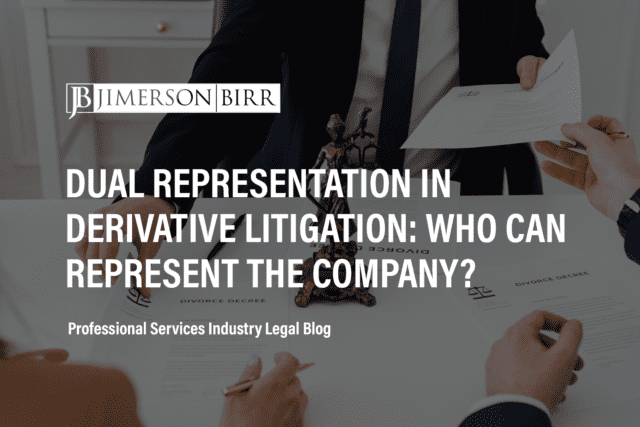What is breach of a shareholder agreement?
Breach of a shareholder agreement occurs when one or more parties fail to comply with the terms and conditions of the agreement. A shareholder agreement is a legal document that outlines the rights and obligations of the shareholders of a company. It can cover a wide range of issues, including the allocation of voting rights, restrictions on the transfer of shares, and the management and operation of the company.
Additionally, breach can take many forms, including failure to pay dividends, unauthorized transfer of shares, violation of non-compete or non-disclosure agreements, or failure to comply with the terms of a buy-sell agreement. When a breach occurs, the affected parties may have the right to seek legal remedies, such as damages or injunctive relief, to enforce the terms of the agreement.
It is essential for shareholders to carefully review the terms of their shareholder agreement and work closely with legal counsel to protect their rights in case of a breach.
Need help with a matter related to a breach of the articles of incorporation, membership agreement, or partnership agreement? Schedule your consultation today with a top shareholder disputes and derivative litigation attorney.
In Florida, which laws and regulations apply to breach of a shareholder agreement?
Some fundamental laws and regulations include:
- Stat. § 607.0732 – This statute outlines what must be in a shareholder agreement to be valid.
- Florida Business Corporations Act – This Florida state law sets forth the rules and regulations that govern the formation, operation, and dissolution of corporations in Florida. It also outlines the rights and obligations of shareholders, directors, and officers. Navigation away from these rules and regulations could lead to a breach of a shareholder agreement.
- Florida Uniform Commercial Code: This law governs commercial transactions in Florida and includes provisions that relate to the sale and transfer of securities.
- Securities Act of 1933: This federal law regulates the sale of securities and requires companies to provide certain disclosures to investors.
- Securities Exchange Act of 1934: This federal law regulates securities trading and requires companies to register with the Securities and Exchange Commission (SEC) and file periodic reports.
What are common issues that lead to breach of a shareholder agreement?
There are several common issues, some of which can lead to litigation, including:
- Breach of fiduciary duty: Shareholders, directors, and officers are responsible for acting in the best interests of the company and its shareholders. Breaching this duty, such as engaging in self-dealing or misusing company funds, can lead to a breach of the shareholder agreement and result in litigation.
- Disputes over ownership and control: Shareholder agreements typically include provisions regarding the ownership and control of the company. Conflicts can arise when shareholders disagree over the interpretation of these provisions or when one shareholder tries to exert too much control over the company.
- Breach of non-compete or non-disclosure agreements: Shareholder agreements often include provisions restricting shareholders from competing with the company or disclosing confidential information.
- Failure to pay dividends: If a shareholder agreement requires the payment of dividends and a shareholder fails to pay them, it can lead to a subsequent breach of the agreement.
- Unauthorized transfer of shares: Shareholder agreements may restrict the transfer of shares without the consent of other shareholders. This act can breach the agreement if a shareholder transfers shares without permission.
When a set of facts is appropriate to meet the requirements giving rise to a breach of a shareholder agreement, there are many paths a claimant may take. We are value-based attorneys at Jimerson Birr, which means we look at each action with our clients from the point of view of costs and benefits while reducing liability. Then, based on our client’s objectives, we chart a path forward to seek appropriate remedies.
To determine whether your unique situation may necessitate litigation, please contact our office to set up your initial consultation.
What evidence does a plaintiff generally need to file a lawsuit regarding breach of a shareholder agreement, and what are common legal defenses to those claims?
To successfully file a lawsuit regarding a breach of a shareholder agreement in Florida, a plaintiff generally needs to provide the following evidence:
- Existence of a valid shareholder agreement: The plaintiff must provide evidence that a valid shareholder agreement exists and is properly executed by all parties involved.
- Breach of the shareholder agreement: The plaintiff must provide evidence that the defendant breached the terms of the shareholder agreement, such as proof of actions taken by the defendant that violate the deal.
- Damages: The plaintiff must provide evidence of damages suffered due to the breach of the shareholder agreement, such as financial losses or other damages resulting from the breach.
Common legal defenses to claims of a breach of a shareholder agreement may include:
- Lack of a valid shareholder agreement: The defendant may argue that no valid shareholder agreement exists or that the agreement was not properly executed.
- No breach of the shareholder agreement: The defendant may argue that they did not breach the terms of the shareholder agreement or that the plaintiff misinterpreted the agreement.
- Waiver or consent: The defendant may argue that the plaintiff waived their right to enforce the shareholder agreement or that they consented to the defendant’s actions.
- Statute of limitations: The defendant may argue that the plaintiff’s claim is barred by the statute of limitations, which limits the time in which a plaintiff can file a lawsuit.
- Lack of damages: The defendant may argue that the plaintiff did not suffer any damages due to the alleged breach of the shareholder agreement.
To see what actions or defenses may be available for your unique situation, please contact our office to set up your initial consultation.
Frequently Asked Questions
- What can a shareholder do if there is a breach of the shareholder agreement?
Suppose there is a breach of the shareholder agreement. In that case, a shareholder may be able to take legal action to enforce the terms of the agreement and seek remedies such as damages or specific performance.
- What damages can a shareholder seek in a breach of shareholder agreement lawsuit?
A shareholder may be able to seek damages such as lost profits, lost business opportunities, and other financial losses resulting from the breach of the shareholder agreement.
- How can breaches of shareholder agreements be prevented?
Breaches of shareholder agreements are often preventable by carefully drafting and negotiating the terms of the agreement and by ensuring that all parties involved understand and agree to the terms. It is also essential to review and update the agreement as necessary regularly.
Have more questions about a breach of a shareholder agreement-related situation?
Crucially, this overview of a breach of a shareholder agreement does not begin to cover all the laws implicated by this issue or the factors that may compel the application of such laws. Every case is unique, and the laws can produce different outcomes depending on the individual circumstances.
Jimerson Birr attorneys guide our clients to help make informed decisions while ensuring their rights are respected and protected. Our lawyers are highly trained and experienced in the nuances of the law, so they can accurately interpret statutes and case law and holistically prepare individuals or companies for their legal endeavors. Through this intense personal investment and advocacy, our lawyers will help resolve the issue’s complicated legal problems efficiently and effectively.
Having a Jimerson Birr attorney on your side means securing a team of seasoned, multi-dimensional, cross-functional legal professionals. Whether it is a transaction, an operational issue, a regulatory challenge, or a contested legal predicament that may require court intervention, we remain a tireless advocate every step of the way. Being a value-added law firm means putting the client at the forefront of everything we do. We use our experience to help our clients navigate even the most complex problems and come out the other side triumphant.
If you want to understand your case, the merits of your claim or defense, potential monetary awards, or the amount of exposure you face, you should speak with a qualified Jimerson Birr lawyer. Our experienced team of attorneys is here to help. Call Jimerson Birr at (904) 389-0050 or use the contact form to schedule a consultation.

We live by our 7 Superior Service Commitments
- Conferring Client-Defined Value
- Efficient and Cost-Effective
- Accessibility
- Delivering an Experience While Delivering Results
- Meaningful and Enduring Partnership
- Exceptional Communication Based Upon Listening
- Accountability to Goals











